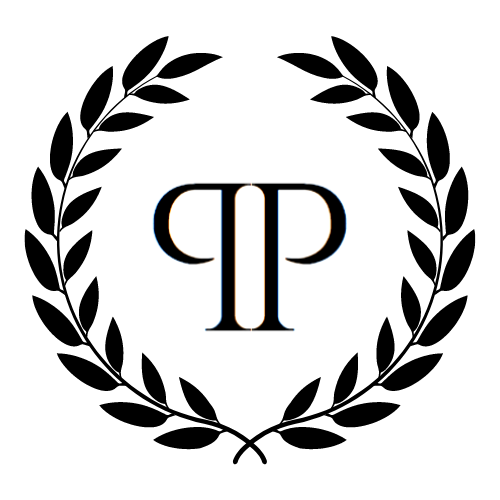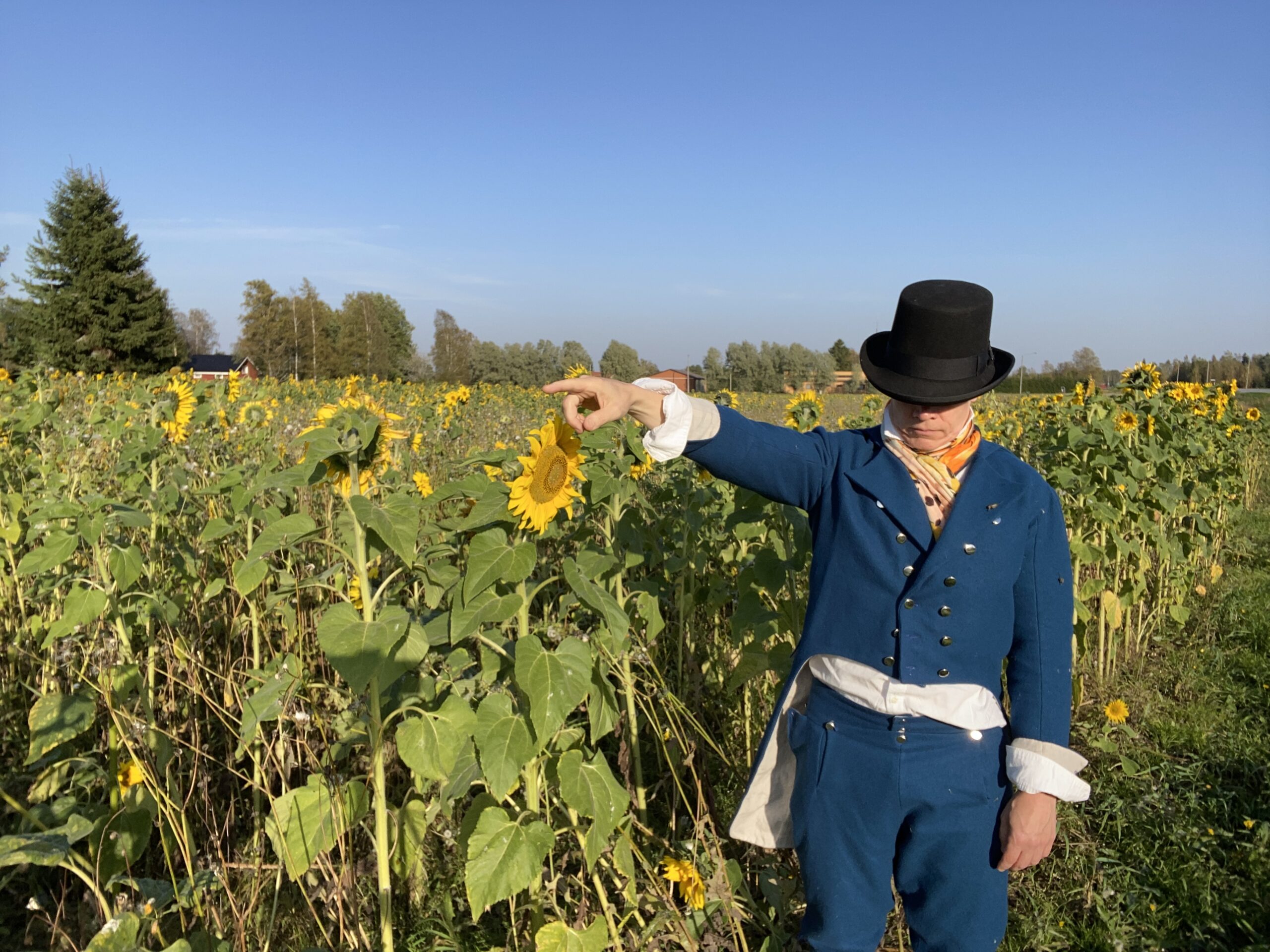He who walks behind the rows
who watches all the shows
who makes you make The Calls
has summoned you
Time
It’s That Time of the year
when children should all fear
when parents should draw near
Hide The Oldest Child
Fields are golden but the earth is red
It must mean someone’s dead.
On the road you see what’s left of them
That’s our price to pay
It’s their blood you have to thank for
There's now food in the store.
This scene is your Dark Side of the Moon
It’s a cloud by day
A fire by night
Take this and eat, alright?
She who walks behind the garden
as if she were our warden
though simply needs the children
for Coffee Homeground
Where are the plumbers went a-missing on Monday?
And the tall man you met last Sunday?
How big has grown your nightshade!
There’s side taste in your cake?
Fields are golden but the earth is red
It must mean someone’s dead.
On the road you see what’s left of them
That’s our price to pay
It’s their blood you have to thank for
There's now food in the store.
This scene is your Dark Side of the Moon
It’s a cloud by day
A fire by night
Take this and eat, alright?
Ever since the days of Eden
We’ve fed them apples again
Overjoyed I am to think, then
that this is not heathen
although he was beaten
we were all drunk back then…
Fields are golden but our dreams are red
Now Sam and Dean are dead?
In the shows you see how they are fed
To The One Who Walks
Behind The Rows
Takes the last bow
About
“He Who Walks Behind the Rows” is Poliphilos’s Halloween song.
You can listen to it here.
The background story is based on the book Children of the Corn by Stephen King. It tells the tale of a group of children who offer adult human sacrifices to a demon in the cornfield for the survival of their community.
Poliphilos’s song paints a picture of a similarly dilapidated ghost town in the British countryside. Read more in the Journey article.
There, a small group of socially awkward youths capture passing adults to be fed to a demon that guards their cornfields and another that guards the fruit garden. Both demand human sacrifices, but that is the price for the community’s survival.
This is one of the universal myths in human folklore: an individual can sacrifice themselves for the greater good of the community. But should we do that nowadays when self-sacrifice is not anymore a key to the survival of the whole species? And if, to what extent?
Credits
Written by Harri Alatalo
Performed by Poliphilos
Produced by Juho Isomäki


Leave a Reply